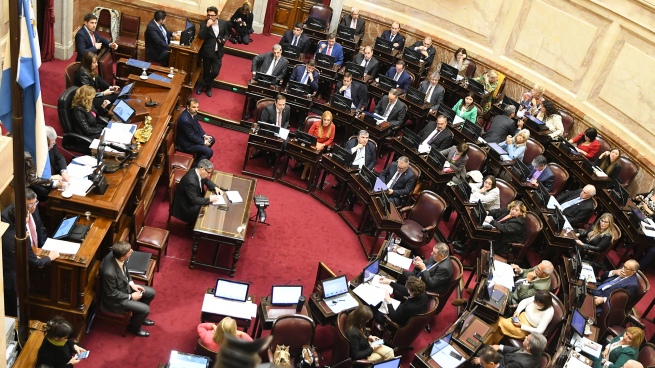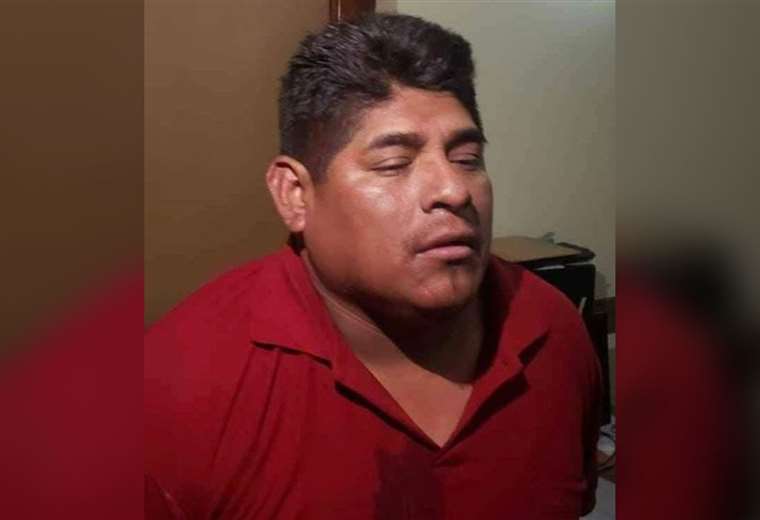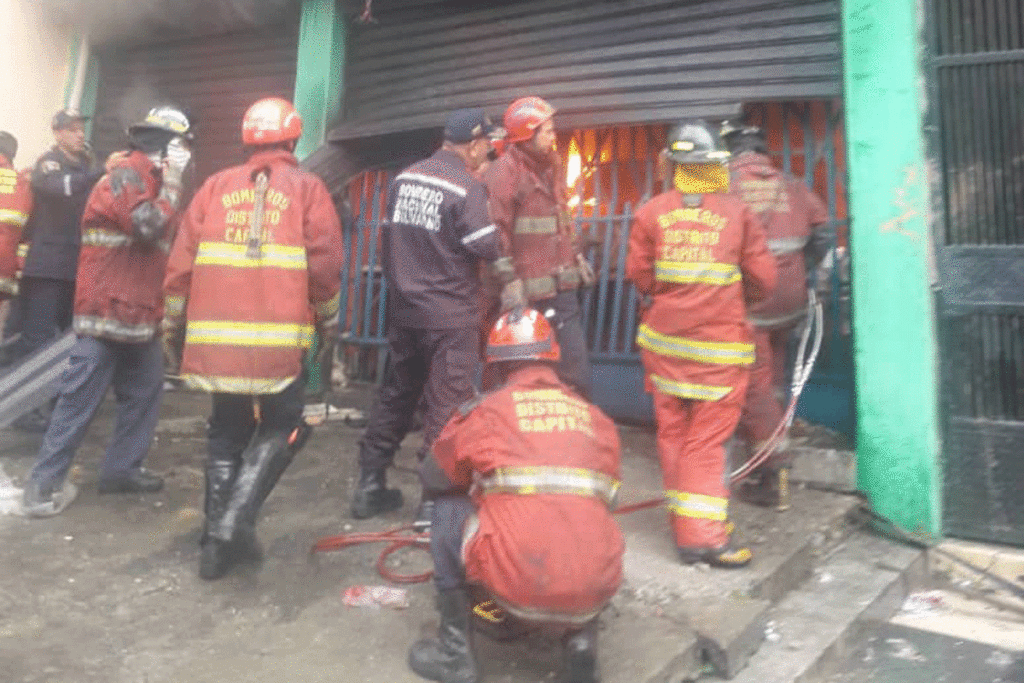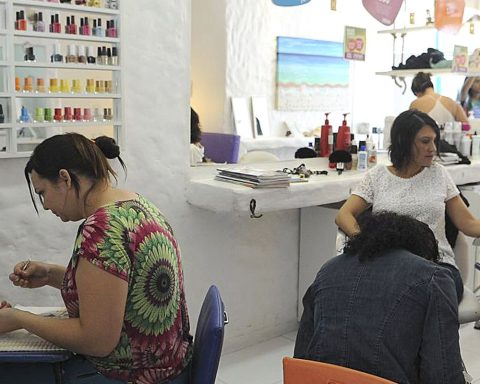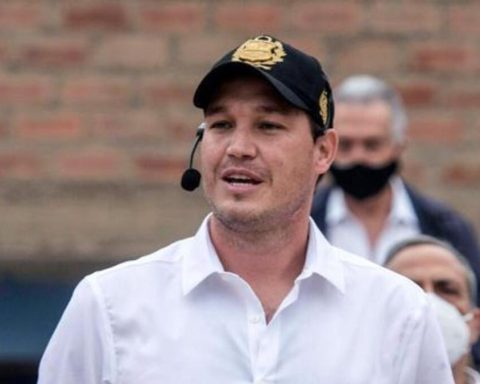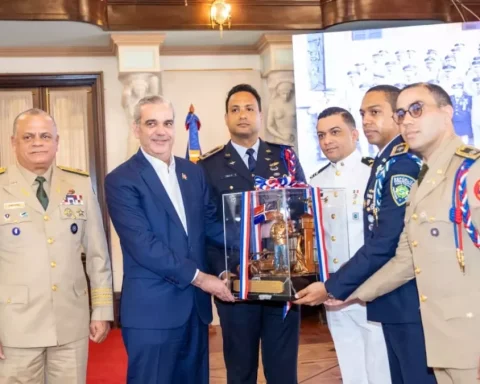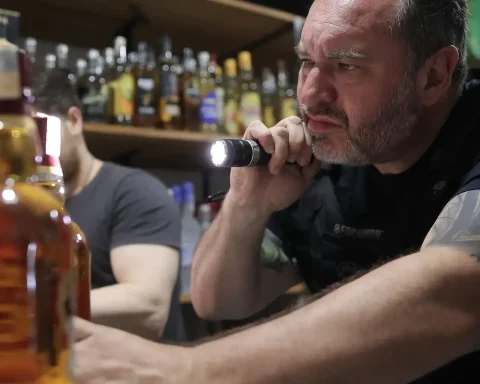The provisional president of the Senate, Claudia Ledesma, chaired this Thursday the special session in which the ruling party will seek to approve, without the support of the opposition, the bill to expand the number of members of the Court Supreme Court from the current five members to 25.
The session began at 2:46 p.m. with 37 senators from the ruling party and allies present in the room, while the Together for Change bench did not provide a quorum and went down to the room minutes after the ruling party obtained the necessary number to debate.
At the beginning of the discussion, the head of the Frente de Todos (FdT) bloc, José Mayans, requested the withdrawal of three specifications with promotions of magistrates from the province of Santa Cruz so that they can be analyzed again by the Agreements commission.
Without the vice president Cristina Fernández de Kirchner, the FdT senator for Jujuy, Guillermo Snopek, is the first speaker from the official bloc who defends the project to expand the number of judges of the country’s highest court.
The project
The project was originally requested by a group of Peronist governors, but in the last few hours the possibility arose that the ruling party would agree to reduce that number to 15, at the request of some legislators allied with the Front of All (FdT) who did not want to vote on the proposal. of the 25 members.
The original initiative that the senators plan to debate consists of only four articles and establishes that there will be 25 members of the Supreme Court.

The project also establishes that the Senate must agree to another 21 members proposed by the Executive Power, as established by the National Constitution, respecting the appointment of the current four members: Horacio Rosatti, Juan Carlos Maqueda, Ricardo Lorenzetti and Carlos Rosenkrantz.
The first article of the text, however, announces that a future “special law” will define “the mode of organization and operation” of the Supreme Court.
The idea is that this “special law”, whose project has not yet been presented, establishes certain guidelines such as the division into rooms, integration by regions and other objectives, it was explained.

The original project, presented by the leaders of the Frente de Todos bench, José Mayans and Anabel Fernández Sagasti, had some changes, such as ensuring gender parity among the applicants to join the Court.
In this sense, a mechanism will be sought by which a four candidates are sent to the Executive Power (two men and two women) so that the President of the Nation, making use of his constitutional powers, elevates the candidates to the Senate.
The project was ruled at the end of Juneafter seven governors of the ruling party were present in the Illia Hall of the Senate to express their support for the measure that they, along with nine other leaders, had presented to President Alberto Fernández in early May.
However, the Frente de Todos was unable to gather the necessary number of legislators to approve the law.


